Study finds Uber, Airbnb are Costing U.S. Taxpayers Billions in Unpaid Tax

A new study by an independent tax policy group says the hottest thing in self-employment is sliding billions of dollars under the radar of the IRS.
It’s called the on-demand platform economy: We call a list of individuals for a ride instead of calling a cab; we arrange to stay at an individual’s home or apartment on vacation instead of a standard rental or hotel. All the arrangements are made through the service’s computer or smartphone app. And the companies behind it all act as brokers.
Caroline Bruckner, Managing Director of the Kogod Tax Policy Center, an independent tax research center at American University in Washington, D.C., says app-based platforms developed by companies such as Airbnb, Etsy, Uber, Lyft, TaskRabbit, Instacart and others are shortchanging the American tax system.
Bruckner, in delivering her report to members of Congress recently, said on-demand app-based companies generated some $15 billion in revenues in 2014. More than 2.5 million Americans earn income in this on-demand platform economy every month.
“Even at the low end – both in terms of participation and dollars earned – on-demand platforms grew by about 50 percent per year, making it by far the fastest-growing segment of the labor market,” Bruckner said.
Kogod’s study showed average monthly income from active participation in an on-demand business ranging from $533 to $314, with higher amounts usually coming from service- or labor-providing platforms such as Uber, Handy or TaskRabbit, as opposed to sellers (Ebay) or accommodation (Airbnb) platforms.
With income, of course, come income taxes. And Bruckner’s report says a large segment of the on-demand platform entrepreneurs seem to be operating under the IRS radar. Conversely, they often aren’t aware of the tax breaks they get as business owners.
“Specifically, our survey revealed that among respondents who had earned income working with an on-demand platform company in 2015, which was approximately 22% of all of our respondents:
- Approximately one-third did not know whether they were required to file quarterly-estimated payments with the IRS on their on-demand platform income;
- 36 percent did not understand what kind of records were needed for tax purposes for business income and expenses generated from working with a sharing economy partner;
- 43 percent were unaware as to how much they would owe in taxes and did not set aside money for taxes on that income; and
- Almost half did not know about any tax deductions, expenses or credits that could be claimed related to their on-demand platform income.
Taken together with our additional research, our findings suggest that, at best, many small business owners are shortchanged when filing their taxes; at worst, they fail to file altogether.”
Bruckner also faults the parent organizations for not doing a better job when it comes to sending the documentation to their partner-operators. More than 60 percent of their respondents to the survey who worked for an on-demand platform in 2015 said they did not receive a Form 1099-K or a Form 1099-MISC from their parent company. That means it’s likely the IRS didn’t get one, either.
The study’s conclusion is that the current tax administration system just isn’t working for a large percentage of the on-demand platform operators; it’s also not working for the IRS or Treasury Department. It calls for restructuring the current reporting process to take this new segment of the economy into account, so that income – and deductions – can be applied fairly.
As Bruckner sums it up, “Everyone is losing under the current rules. Both on-demand economy players and the IRS deserve greater efficiency and less hassle. We can do better.”



